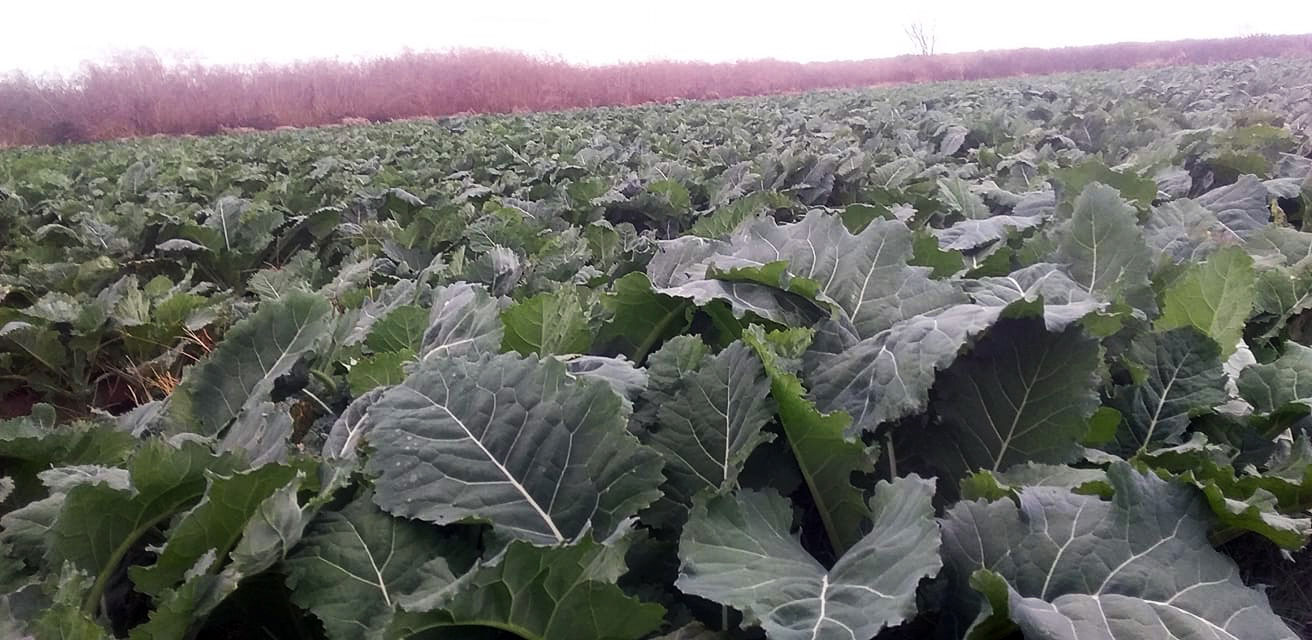Local vegetable production needs to double to meet demand
Seven months ago, when the clock struck midnight and 2021 became 2022, Botswana placed an import ban on a number of vegetables.
Among the 16 restricted crops were favourites such as potatoes, carrots, tomatoes and onions.
The idea was to support local farmers and allow homegrown foods to fill the gap.
However, decrying a lack of prior notice, Botswana’s farmers have struggled to fill the void, with demand far outweighing supply, leading to sustained shortages on shop floors and street vendors’ tables throughout the country.
According to Local Enterprise Agency (LEA), since November last year, the national demand for such veggies is estimated at around 66, 424 tonnes.
Local production falls well short of this, standing at just 36, 972 tonnes.
To meet the shortfall, LEA Chief Executive Officer, Racious Moatshe says a 116 percent increase in local production is required – and urgently!

“Botswana’s demand for food remains a viable market opportunity for producers and other players within the food production value chain. Further recent restrictions on importation of selected vegetable crops makes Botswana a quick win market, albeit the prevalent challenges inhibiting local production, market penetration and full exploitation of the demand by local producers,” declared Moatshe, speaking at the signing of a Memorandum of Understanding (MoU) between LEA and Farmers United on Friday.
Farmers United is a collaboration of farmers looking to participate in a farmers’ owned distribution centre fit for wholesale.
As it stands, the association hopes to sign-up 200 farmers who are ready to commercialise their operations, with the ultimate aim of becoming the country’s first fruit and vegetables national consortium.
100 farmers from all over the country have already registered.
The idea is to achieve food sufficiency, wealth creation, active participation in the fruits and vegetable value chain and improving farm projects through robust capacity building initiatives.
Based on statistics from 2020, Botswana’s overall production for the ‘big five’ crops of potatoes, tomatoes, onions, peppers and carrots’ stood at 45 percent of the national demand, with the remaining 55 percent filled by imports.
The total demand stood at P293 million, with imports accounting for P155 million and local production at P138 million.
“Our short-term strategy places emphasis of closing the deficit for the top five high-demand crops,” added Moatshe.
Commending LEA and Farmers United for joining forces, Minister of Trade and Industry, Mmusi Kgafela said such partnerships were a step in the right direction.

“The formation and success of programmes and initiatives such as this agreement by LEA and Farmers United are highly encouraged and supported because they go a long way in complementing government initiatives and empowering our Small, Micro and Medium Enterprises (SMMEs). Hope is that this partnership will act as a launching pad for the expansion and unbundling of the horticulture value chain, thereby unveiling untapped opportunities that will accelerate government’s efforts to reduce the import bill and attain total food self-sufficiency in the near future,” stated Kgafela, who was officiating at the event.
To accelerate production, LEA and Farmers United have prioritised production within the horticulture agro-ecological Zones with five major areas along Shashe River, Notwane, Limpopo, Motloutse and Ngamiland/Boteti rivers.
The total hectares required to replace the imported tonnage is 1, 071 hectares assuming there are no harvest losses.
Veggies on the import ban
Carrots, Tomatoes, Beetroots, Potatoes, Cabbage, Chilli Peppers, Watermelons, Green Mealies, Lettuce, Onions, Garlic, Ginger, Turmeric, Butternut, Sweet Peppers, Fresh Herbs





